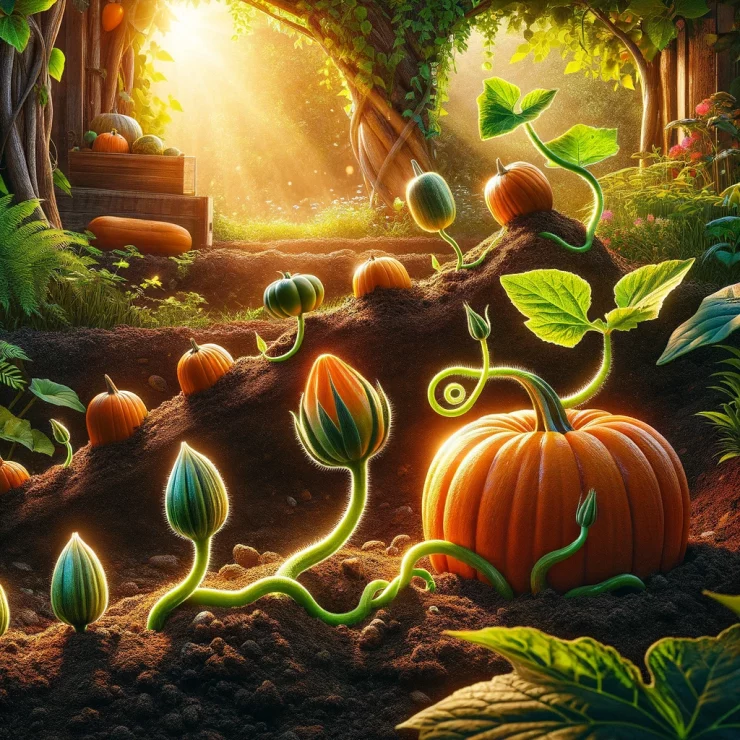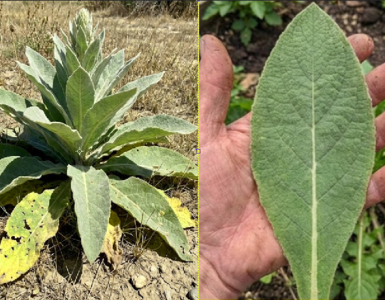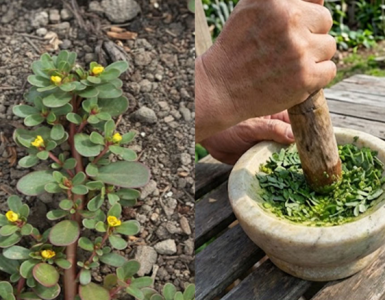Pumpkins, with their vibrant colors and versatile uses, are staples in many households, especially during the autumn season. However, like any other plant, pumpkins are susceptible to various diseases that can hinder their growth and yield. Understanding these diseases is crucial for pumpkin growers to implement proper preventive measures and ensure a healthy harvest. Let’s explore some of the most common diseases that affect pumpkins:
1.Powdery Mildew
Powdery mildew is one of the most widespread fungal diseases that affect pumpkins. It appears as a white powdery substance on the leaves, stems, and fruits of the plant. This fungal infection thrives in warm, humid conditions and can spread rapidly, causing the leaves to wither and die prematurely. To prevent powdery mildew, growers should ensure proper air circulation, avoid overhead watering, and apply fungicides if necessary.
2.Downy Mildew
Similar to powdery mildew, downy mildew is another fungal disease that affects pumpkins. However, unlike its powdery counterpart, downy mildew appears as yellowish-green spots on the upper surface of the leaves, with a fuzzy gray or purple growth on the undersides. Downy mildew can spread quickly under cool, moist conditions, leading to defoliation and reduced yield. Growers should monitor their pumpkin plants closely and apply fungicides preventively during periods of high humidity.
3.Anthracnose
Anthracnose is a fungal disease that causes dark, sunken lesions to form on the fruits, leaves, and stems of pumpkin plants. These lesions can enlarge and eventually rot the entire fruit, rendering it unsuitable for consumption. Anthracnose thrives in warm, wet conditions and can spread rapidly through splashing water or contact with infected plant debris. To prevent anthracnose, growers should practice crop rotation, remove and destroy infected plant material, and apply fungicides as needed.
4.Bacterial Wilt
Bacterial wilt is a destructive disease caused by the bacterium Erwinia tracheiphila. It is transmitted to pumpkin plants through feeding activities of cucumber beetles. Symptoms of bacterial wilt include wilting and yellowing of leaves, followed by rapid plant death. Once infected, there is no cure for bacterial wilt, so prevention is key. Growers can use floating row covers to protect young plants from cucumber beetles and remove infected plants promptly to prevent further spread.
5.Fusarium Wilt
Fusarium wilt is a soilborne fungal disease caused by the pathogen Fusarium oxysporum. It affects the vascular system of pumpkin plants, causing wilting, yellowing, and stunting of growth. Infected plants may also exhibit dark brown discoloration of the vascular tissues. Fusarium wilt is difficult to control once established in the soil, so growers should practice good sanitation, rotate crops, and use disease-resistant pumpkin varieties whenever possible.
While pumpkins are relatively easy to grow, they are not immune to diseases that can threaten their health and productivity. By familiarizing themselves with the common diseases that affect pumpkins and implementing appropriate preventive measures, growers can minimize the risk of infection and ensure a bountiful harvest of healthy, vibrant pumpkins. Regular monitoring, proper sanitation, and timely intervention are essential components of effective disease management strategies for pumpkin cultivation.






Add comment